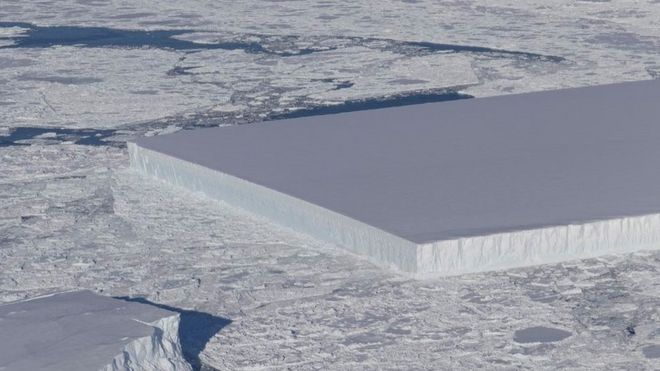Coal
Account Retired
- Joined
- Jun 27, 2015
- Messages
- 9,852
More to the point, 'leading by example' matters. We are designed to learn from the example of our parents and our peers. Whatever example the 'leaders' set, swathes of people follow their example.Maximus otter.
..Twump (Waaah!) has nothing to do with it...
Nothing to do with the de-regulations he introduces ? Regulations that were put in place to help curtail, the excesses ?
We have regulations to make dog owners remove the shit their pets dump on the ground. If some person in authority decides that this is against the owners interests (messy process) and cancels the regulation, is he/she not responsible for the resultant crap covered landscape ?
Your logic escapes me.
INT21
If our 'great and good' don't make any sacrifices in terms of energy use, then almost no-one else will. When heads of state start cutting back publicly, we might see a difference.
If you want to discuss climate change, don't fly somewhere nice, Skype (IPCC, I'm looking at you). As a random example.
Plus, we need to be promoting the idea that there is no 'have cake and eat it' solution. Wind-turbines and solar power won't do it, neither will carbon offsetting or electric cars. The answer is "use a lot less". All of us.
If we can get leadership on that as a strategy we have a chance. Otherwise, we're stuffed.



